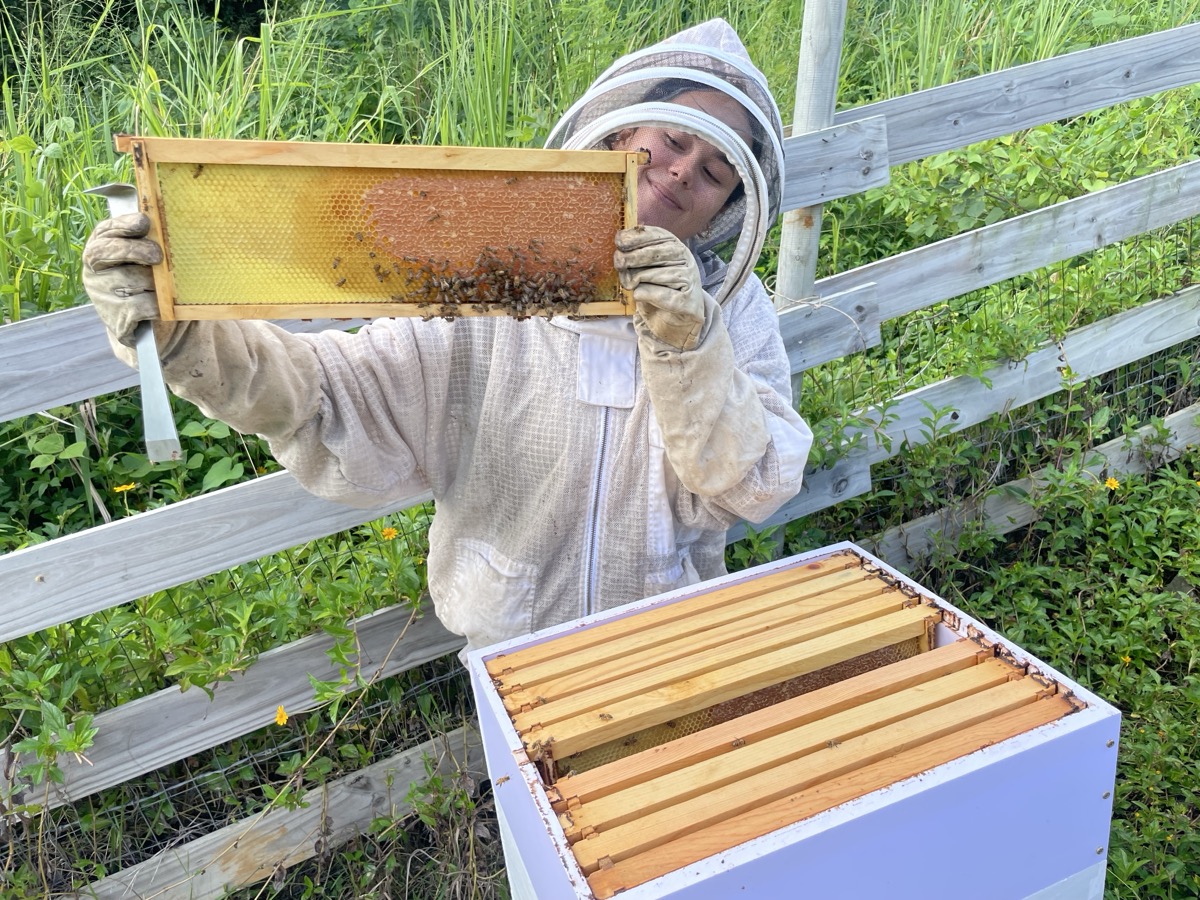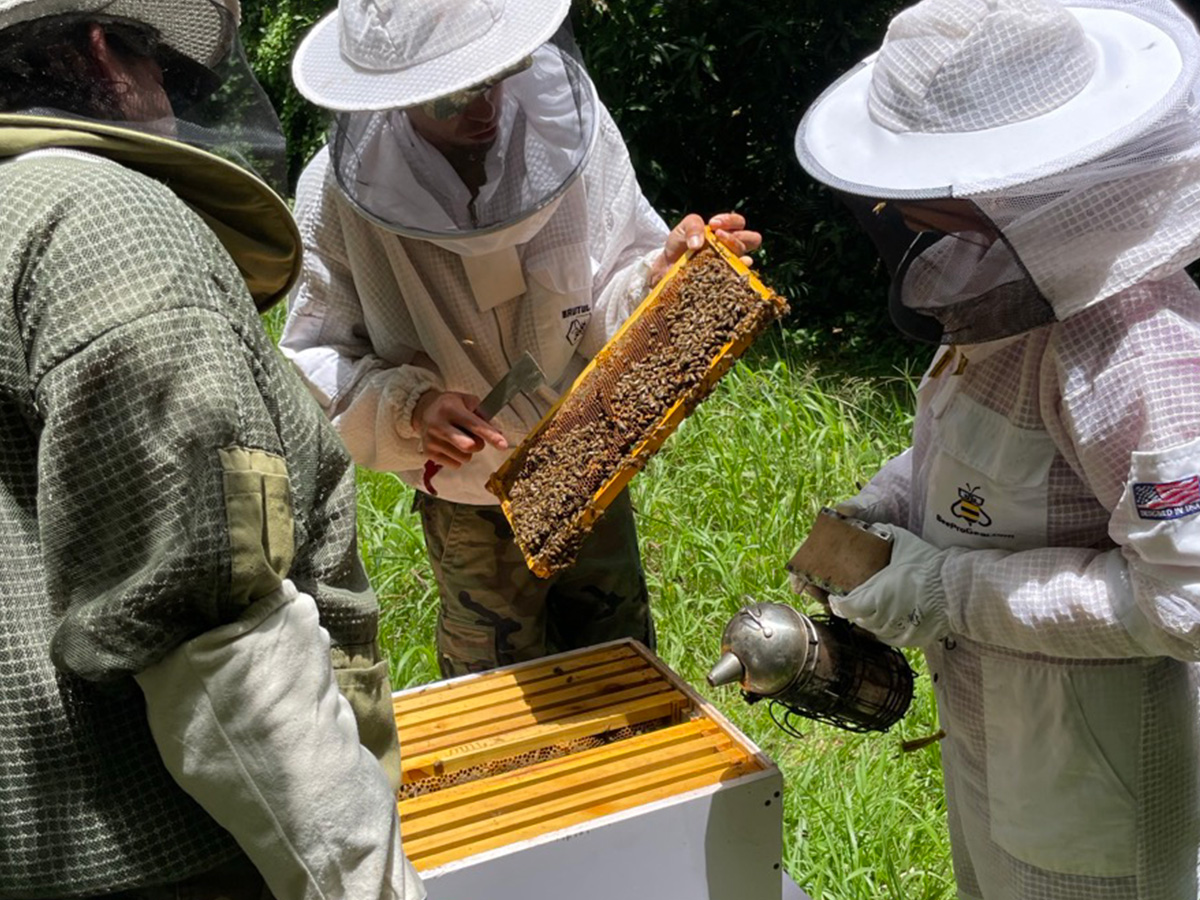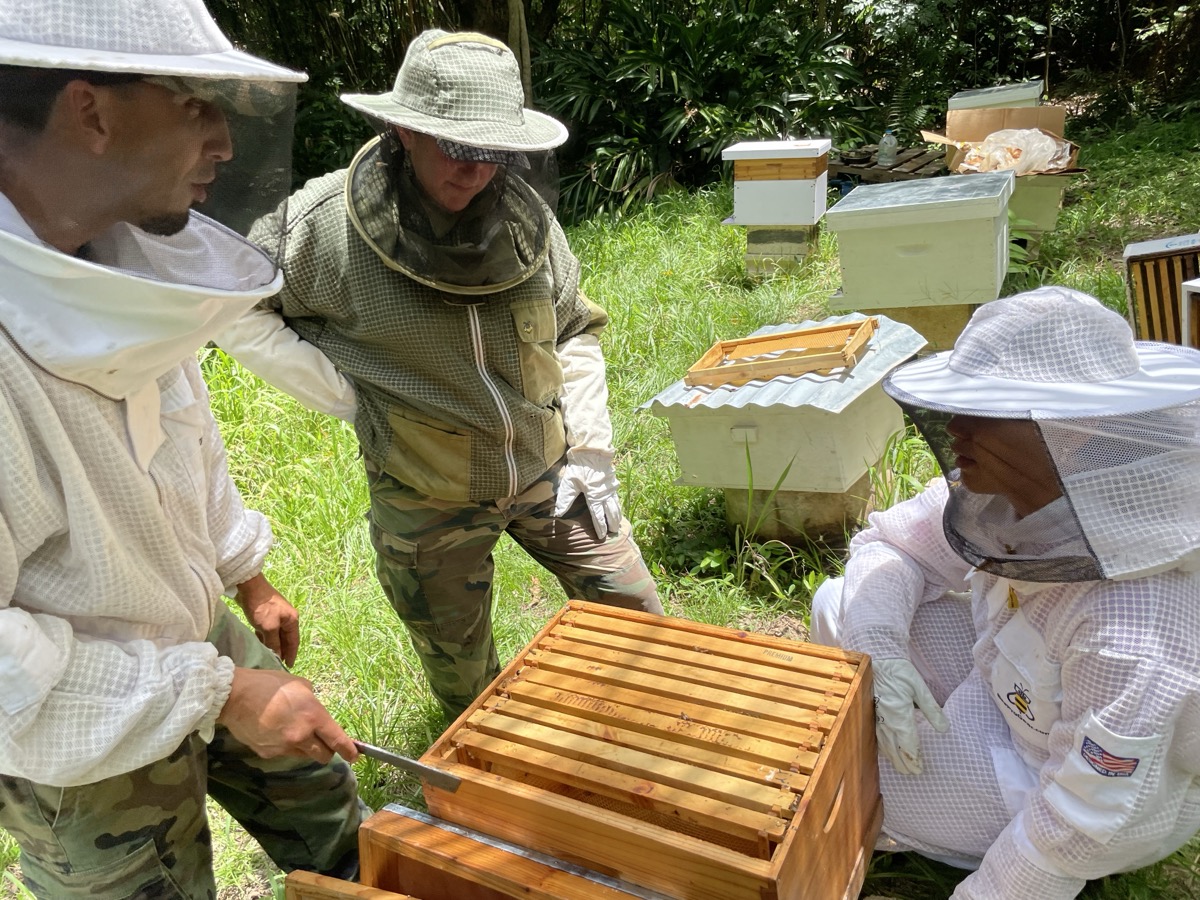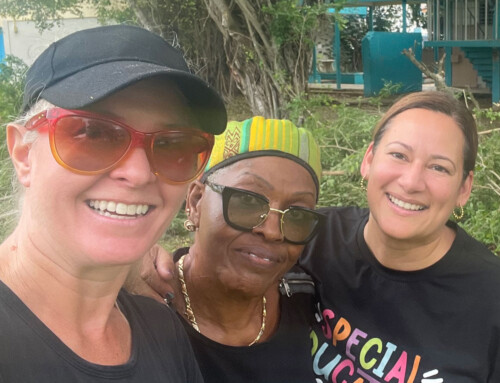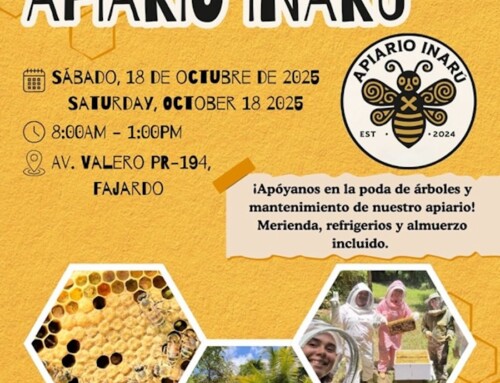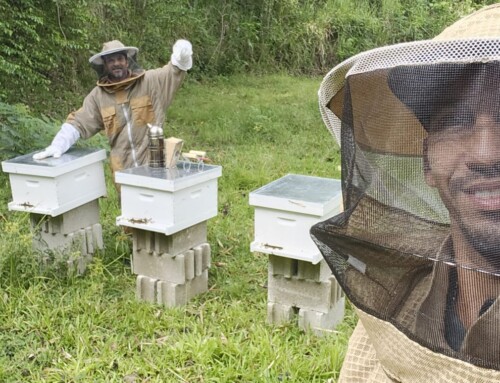Bees are extremely beneficial on farms because they play a vital role in pollination, which directly increases crop yield, quality, and diversity.
Pollination Boosts Crop Yields
Bees transfer pollen from the male parts of a flower (anthers) to the female parts (stigma) of the same or another flower.
- This process fertilizes plants, enabling them to produce fruits, vegetables, seeds, and nuts.
- Without bees, many crops would produce fewer or no fruits at all.
Examples: Almonds, coffee, apples, cucumbers, melons, and many berries rely heavily on bee pollination.
Improves Crop Quality
Bee-pollinated crops tend to be:
- Larger and more uniform in size
- Better shaped and more visually appealing
- More nutritious, with higher sugar or oil content in some species
Encourages Biodiversity and Soil Health
By helping multiple types of plants reproduce, bees promote diverse plant species on and around farms.
- Plant diversity improves soil structure and fertility.
- It supports beneficial insects and wildlife that help control pests naturally.
Increases Farmer Income
More and better-quality crops mean higher yields and market value.
- Farmers benefit economically from from higher prop production from these pollinator services.
- Bees produce honey and wax that can be sold for additional income to the farm.
Essential for Food Security
Bees contribute to about one-third of the world’s food supply.
Their pollination ensures the steady production of many nutritious foods humans and livestock depend on.
Thanks to the generous Levantando donors, we began our Honeybee initiative in April 2024.
The primary purpose of our bee initiative is to boost crop production on the farms with better pollination as a direct result of the introduction of bees. In addition to an increase in crops production, we are contributing to the overall bee populations around the island.
